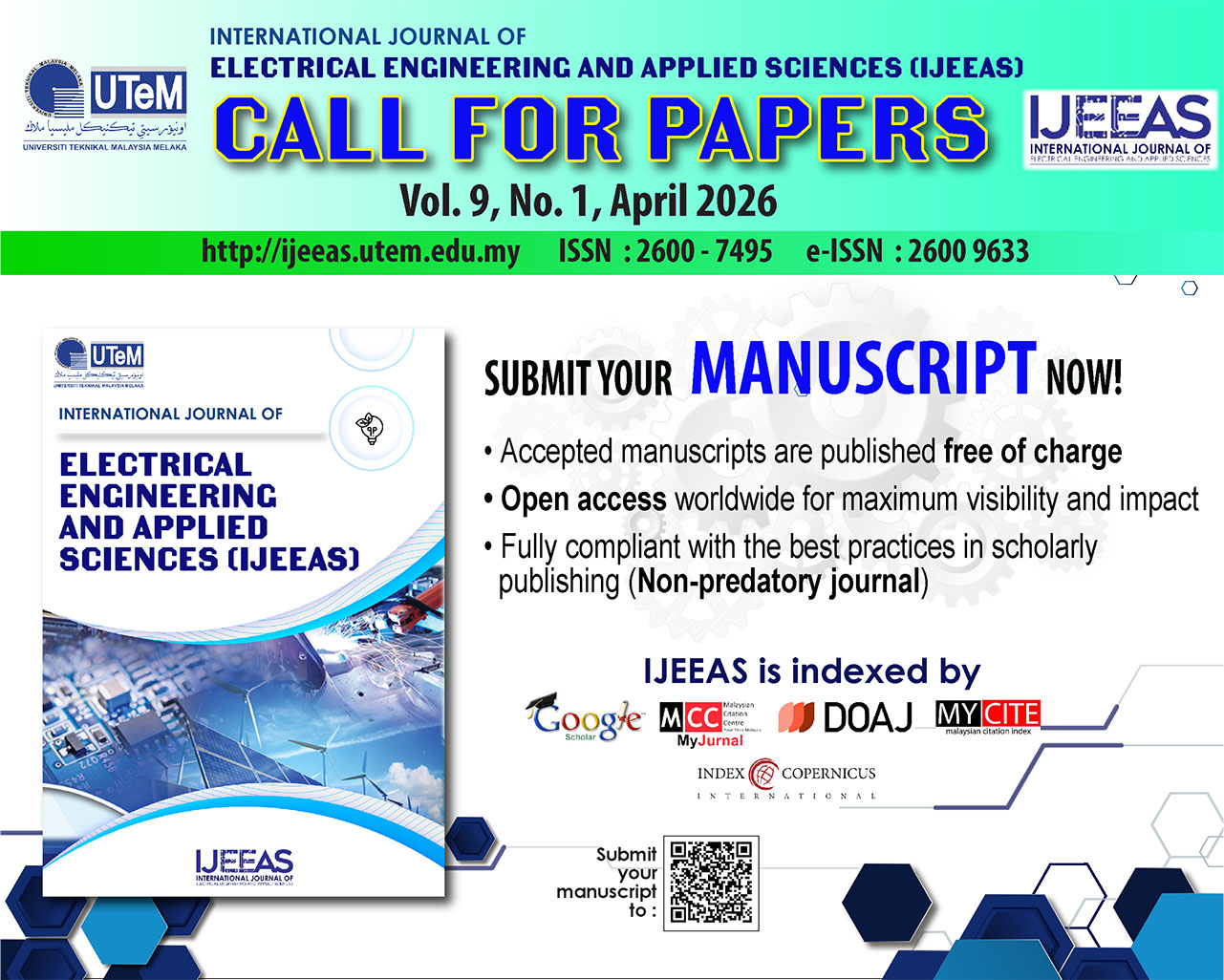Review of Photovoltaic Systems’ Technical and Vocational Training Gaps in Palestine: Current Topics, Priorities and Future Outlook
DOI:
https://doi.org/10.54554/ijeeas.2025.8.01.007Abstract
This study presents a mapping of technical and vocational education and training (TVET) for photovoltaic systems in the West Bank, Palestine. An analysis of photovoltaic system TVET courses and the photovoltaic system market in Palestine is done. This analysis covers the content of photovoltaic TVET courses, the ability of course trainers, training tools and labs, required skills, and the competencies of course graduates. Moreover, experts, photovoltaic system company owners, and large photovoltaic systems owners are interviewed regarding the quality of current delivered courses. The conducted interviews also implied the future outlook of photovoltaic jobs in Palestine. Results show that there is a reluctance to hire technicians from Palestinian PV system companies due to the current economic situation and the size of the photovoltaic market. On the other hand, it is concluded that the number of photovoltaic technicians inside photovoltaic sites is not enough according to the standards and requirements. Finally, it is found that photovoltaic technicians do not have the required practical experience in energy storage sizing and maintenance, solar inverters sizing and maintenance, photovoltaic system operation and evaluation, hybrid photovoltaic systems, and water pumping systems. As for the future look, it is predicted that topics of Energy storage and charge controllers in PV systems”, “Solar inverters and optimizers in PV systems”, “PV system maintenance and operation management”, “PV system project management” and “water pumping PV system installation” will be demanded in the coming future in Palestine.
Downloads
Downloads
Published
How to Cite
Issue
Section
License
Authors who publish with this journal agree to the following terms:
- Authors retain copyright and grant the journal right of first publication with the work simultaneously licensed under a Creative Commons Attribution License that allows others to share the work with an acknowledgement of the work's authorship and initial publication in this journal.
- Authors are able to enter into separate, additional contractual arrangements for the non-exclusive distribution of the journal's published version of the work (e.g., post it to an institutional repository or publish it in a book), with an acknowledgement of its initial publication in this journal.
- Authors are permitted and encouraged to post their work online (e.g., in institutional repositories or on their website) prior to and during the submission process, as it can lead to productive exchanges, as well as earlier and greater citation of published work (See The Effect of Open Access).







